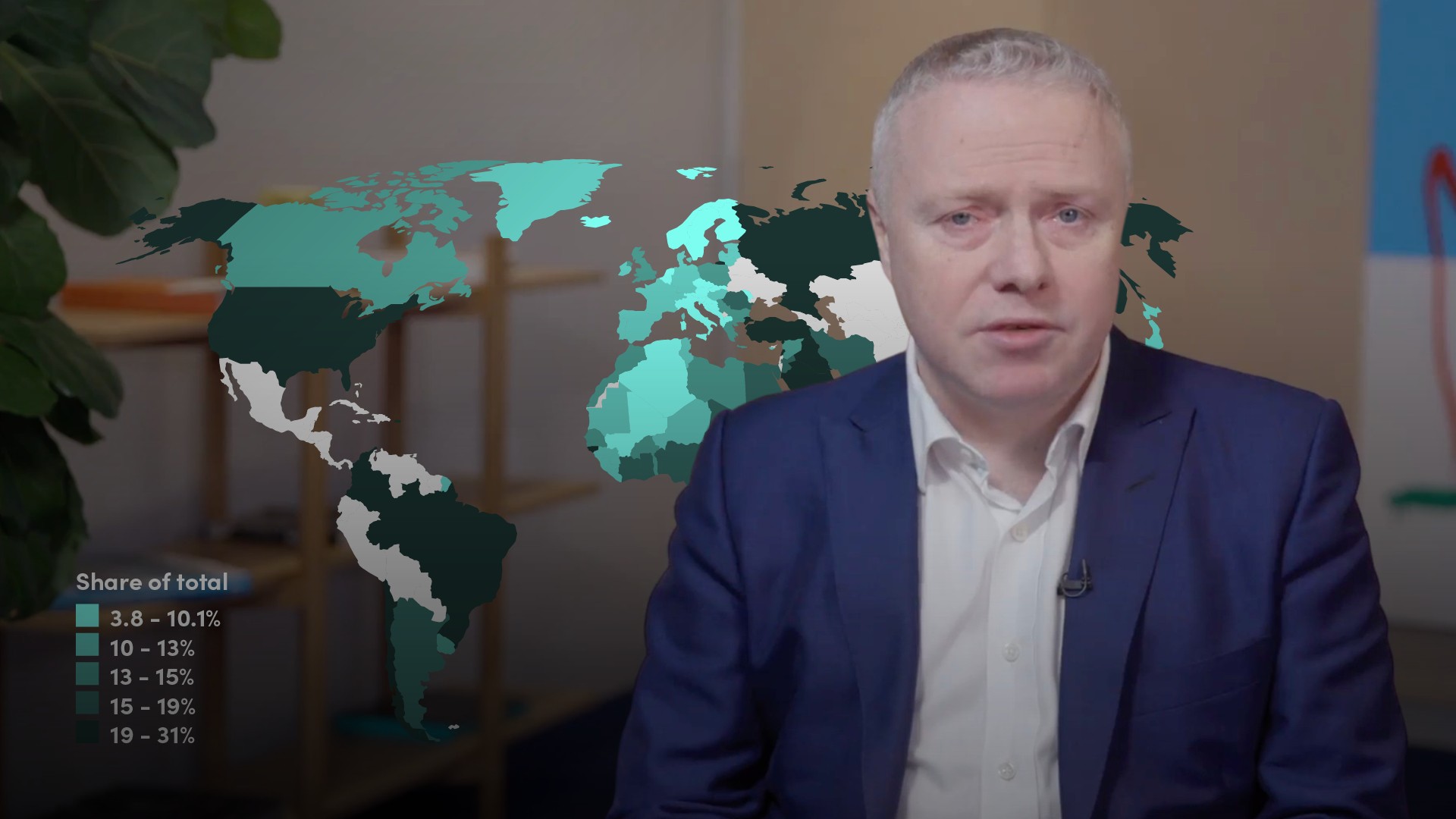
Theories of the Causes of Inflation

Trevor Pugh
20 years: Trading & hedge funds
The development of fiscal and monetary policy generally, in the western world, has been a clear example of policy created for the benefit of one group over another. Trevor explains this inequality by examining a political economy, neoliberalism, and the relationship between employment and inflation.
The development of fiscal and monetary policy generally, in the western world, has been a clear example of policy created for the benefit of one group over another. Trevor explains this inequality by examining a political economy, neoliberalism, and the relationship between employment and inflation.
Subscribe to watch
Access this and all of the content on our platform by signing up for a 7-day free trial.

Theories of the Causes of Inflation
4 mins 27 secs
Key learning objectives:
Define a ‘political economy’ and give an example
Identify how neoliberalism causes inequality, and the potential ways to combat this
Understand the link between employment and inflation
Overview:
Neoliberalism may be popular amongst wealthy creditors, however, the reality is that it causes increased levels of inequality.
Subscribe to watch
Access this and all of the content on our platform by signing up for a 7-day free trial.
What is a ‘political economy’?
Political economy - A political economy recognises the choices that have to be made, the political choices that may favour one group or another.What is an example of a political economy?
The creation of the European Monetary Union, and the development of fiscal and monetary policy generally in the western world has been a clear example of policy created for the benefit of one group over another.
Germany, as the largest creditor nation in Europe, dictated the rules that launched the single currency and the associated policies. These policies were ruinous for countries such as Greece.
What are the different theories of inflation?
- Those who lived through the high inflation of the 1970s are convinced it is caused by wage-price spirals
- Germans, economic Austrians and Bitcoiners are convinced that it is caused by central bank money printing
- Small-state supporters are convinced that it is caused by profligate governments borrowing and spending excessively
- Hard money enthusiasts are convinced that inflation is caused by currency devaluations
In what ways does neoliberalism cause inequality?
Real wages have stagnated for the average worker. Also, one major impact of low rates has been to encourage corporates to buy back their shares, benefiting shareholders. Inequality does not bode well for the future of an economy. The very wealthy are generally not the most innovative, and money gets diverted to high-end consumption rather than the development of human capital.What are Walter Scheidel’s four ways to reduce inequality?
- War
- Revolution
- State collapse
- Deadly pandemics
How does the employment rate affect the level of inflation?
In conventional economics, full employment is inflationary because when labour markets are tight, workers can demand higher wages. As long as there is a large pool of the unemployed, labour will remain cheap. They will fight inflation through their desperation as they try to bid jobs away from the employed by offering to work at miserable wages. And hence, unemployed workers act as a buffer stock to anchor prices.Subscribe to watch
Access this and all of the content on our platform by signing up for a 7-day free trial.

Trevor Pugh
There are no available Videos from "Trevor Pugh"



























